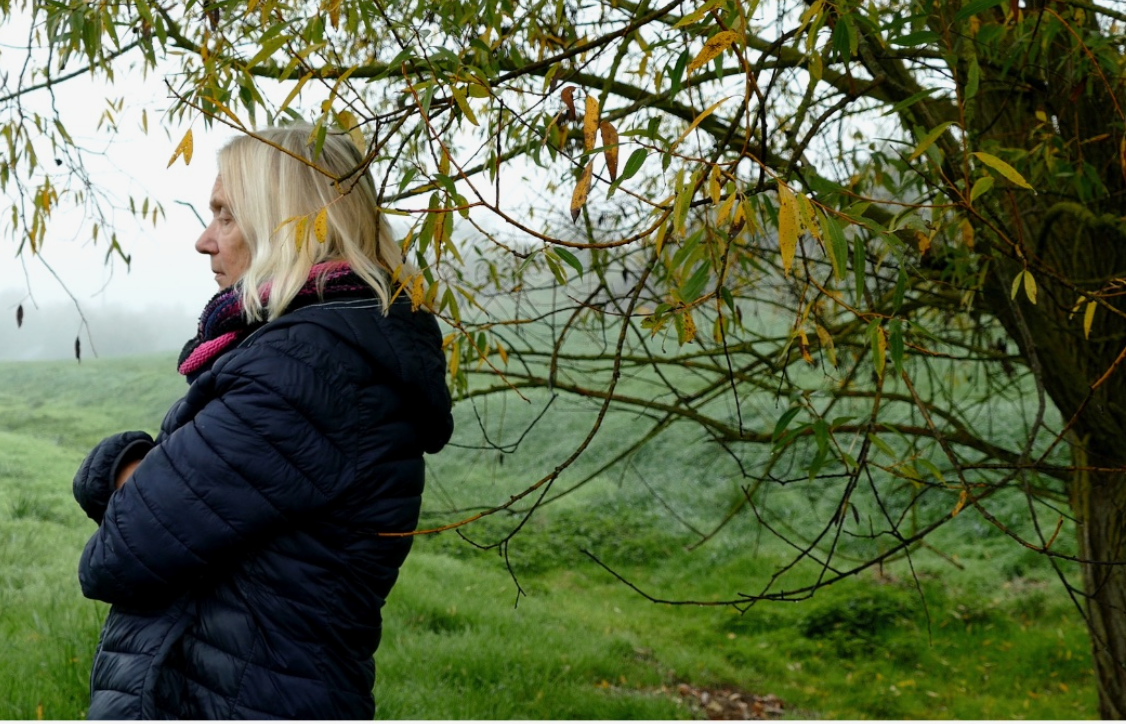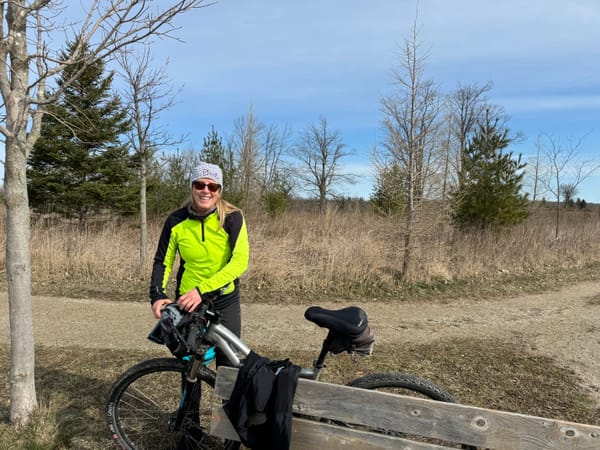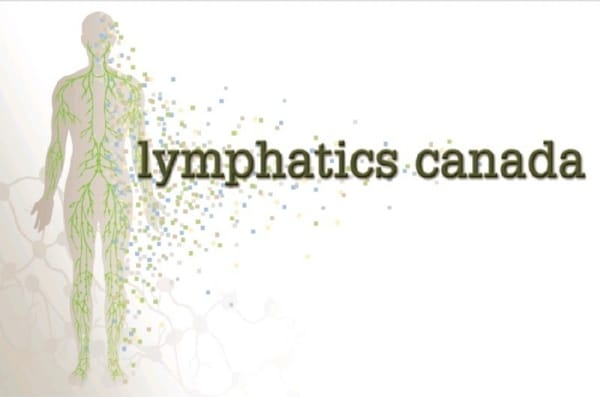Loss is Universal, Grief Is Personal

While grief is a natural part of our life experience, it is also the most neglected and misunderstood experience by both grievers and those around them alike. In our society we’ve been taught how to acquire things, but no one teaches us what to do when we lose the important people, places and things in our lives.
And so grief remains an extremely uncomfortable and challenging conversation for most people.
What is Grief?
Grief is the normal and natural reaction to loss. Grief is also all the conflicting feelings that can occur with the end of, or change in, a familiar pattern of behaviour.
We grieve the loss of any relationship that is significant to us.
Most people only associate grief with the acute sadness that’s felt at the death of a loved one. We fail to identify the more than 40 other life events that can be grieving experiences. Some examples of these are;
Death of Loved One Separation or Divorce Infertility
Personal Injury/Illness Miscarriage/Loss of Child Pet Loss
Downsized At Work Death of Close Friend Retirement
Empty Nest Change in Finances Moving
Loss of Trust Loss of Childhood Loss of Safety/Security
As you can see, there are many loss events we may experience throughout our lives. However, many of us are ill-prepared to cope with the emotional pain of loss. The information we’ve learned, or that has been shared with us, is not always effective or helpful because it often speaks to our logic or intellect.
But grief is emotional, not logical.
Using our head to heal our heart is the wrong tool for the job.
When we experience an emotionally painful event, it’s normal and natural to want to release that pain, not hold it inside. Our bodies naturally help to facilitate this with tears and vocal expressions. However, most of us have grown up with the social messaging or cues to stifle those expression of grief rather than allow them to be expressed openly.
Not learning how to effectively deal with emotional pain, we don’t have the tools to use in our own lives. Instead, we hear such things as;
“Don’t feel bad, they lived a long life”
“You’re attractive, you’ll find someone new”
“You’ve got to be strong”
“Just keep busy”
So we don’t talk about our grief. We suppress it, bury it. We call it stress, pressure, overwhelm, or trauma.
When we don’t identify a problem by its true name, it is difficult to resolve.
Yes, we are resilient and can adapt to the changes that come with loss. But adapting and healing are two different things. Which is why so many of us are left with unresolved feelings, which can have a life-limiting effect on our capacity for happiness.
Grief and Recovery
Recovering from grief does not mean ‘getting over it’. Recovery from grief means feeling better.
It’s about being able to enjoy fond memories without having them be taken over by feelings of regret or remorse.
Recovery is acknowledging that it’s perfectly all right to feel sad from time to time and to talk about those feelings no matter how those around you react.
It’s finding new meaning for living, without the fear of being hurt again.
Recovery is being able to forgive others when they say or do things that you know are based on their lack of knowledge about grief.
It’s one day realizing that your ability to talk about the loss you’ve experienced is normal and healthy.
Most importantly, recovery means acquiring the skills we should have been taught as children. The skills that can help us heal our heart if it gets broken. Resolving what is emotionally incomplete for us allows us to step more fully and honestly into all of our relationships and our life.




